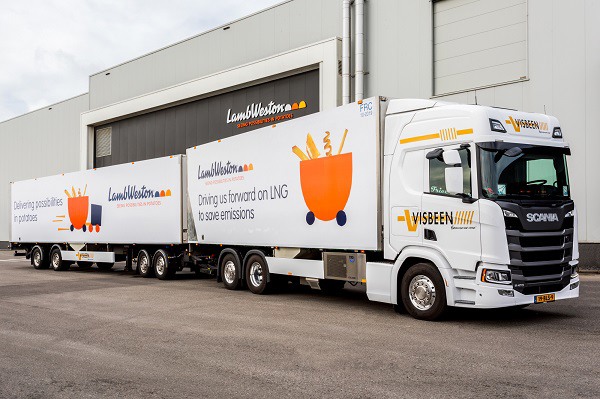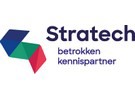With the start of the new year, a few more customs regulations regarding EU/UK trade were added as part of Brexit. That includes business from the Netherlands. For example, as of January 1, 2022, a fully completed UK import declaration is mandatory, and foodstuffs of plant or animal origin must be pre-declared on the UK system, IPAFFS.

For cut flowers, fruit, and vegetables, a Netherlands Food and Product Safety Authority (NVWA) phytosanitary certificate will be required from July 1, 2022. Physical checks will be done at border checkpoints. Cargo will then be checked on both the European and British sides.
The relevant authorities on both sides of the channel are trying to digitize and automate as much of the document requirements as possible. And software companies are offering importers and exporters packages to help create and present import and export documents and declarations. For instance, Lamb-Weston/Meijer, a frozen potato products supplier, has been using Stratech for 16 years already. This Dutch company supplies (customs) software for importers and exporters.
Dutch vs. British side
Automation is progressing well on the Dutch side. On the British side, however, chaos still reigns. That is according to Lamb-Weston/Meijer’s Brigitte Noteboom. "It's a disaster. Our carrier says things went completely wrong in the UK in early January. The systems didn't respond and are outdated."
"Even though you can handle things electronically, a lot is still being done on paper or by hand. For example, you can't connect between IPAFFS and the Dutch systems. That means we have to process all the information and documentation manually. Which product is coming, when is it coming, and how much of it is there?" she says.
In the Netherlands, though, the government and software companies are making good, hard work of simplifying exporter and importers' lives. "In the Netherlands, Stratech has automated our British trade's formatting and submission of export declarations to Dutch customs. There, Stratech has streamlined all our export documentation processing well. But that's an entirely different story in the UK. No Dutch company has any control over that."
Extra staff
Stratech not only links systems to those of the Dutch customs authority and chamber of commerce; it also offers a connection to the NVWA. That is particularly interesting for the fruit and vegetable sector because of the upcoming obligation to submit phytosanitary and veterinary certificates as of July 1. "We export mainly frozen chips, a product category that's treated differently from fruit and vegetables," Brigitte explains.
"It's only our appetizers category, with its many cheese products create additional work and administrative hassle. The new rules have hit us hard there. And Brexit means we, too, have had to recruit two more office staff to handle the additional administrative work. We now have 12 people in our export documentation team. But that's not just for the UK; we export worldwide. And the Middle East is far more complex documentation-wise than the UK," concludes Brigitte.
Brigitte Noteboom
Lamb Weston/Meijer
[email protected]
www.lambweston.com
Stevan Tibbe
[email protected] Stratech
Stratech
053 480 40 80
[email protected]
Website










